We all know what the Budget did for residential property owners (correct answer: not much) but it’s worth understanding the politics behind some of Philip Hammond’s decisions to gauge what’s likely to happen in the future. This is important because what’s blindingly obvious is not guaranteed.

Take the most egregious example. In 2014, George Osborne decided to meddle with stamp duty. Initially changing from a slab calculation to a slice was welcomed and made sense. He announced that the measure would be a tax cut of nearly a billion.
However, once started George didn’t stop. His next brilliant wheeze was to reform the pricing of the slices so that in due course first-time buyers paying up to £250,000 paid nothing but those buying for more than £937,500 paid more.
Substantially more if you had the temerity to be in the market for a home costing £1.5m and over £100,000 more if the house was worth the thick end of £4m. So George was taking from the rich to give to the poor.
But every tax generates a behavioural reaction. The Treasury puts up the price of cigarettes so that eventually people will stop smoking. And when SDLT on higher-end property rose to the levels set by Osborne, moving house became a more questionable proposition for many middle-class families, particularly those living in the capital where, for good or ill, those higher prices are the norm.
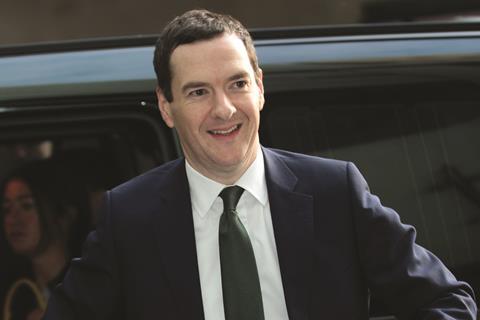
Putting in a loft conversion or even a basement started to look more attractive than moving to a bigger house, but more to the point it meant that the volume of transactions fell. Immobility of managerial labour is a significant handicap in a country facing significant economic headwinds.
Young George may not have seen this as an issue because for him this was not about making an economic point at all. It was about a political statement. He and his buddy Cameron (who I hope and pray has already ditched his reported ambition to return to front-line politics) believed that to make the Tory party more electable it should move left. It should attract those voters who saw the Tories as a party of the rich.
Targeting the rich
So taxing the rich became a specific objective of the OsCam project. No matter that in the second quarter of 2018, SDLT receipts were a third of a billion down on the previous year because higher-end transactions had effectively dried up.
It’s the same story when it comes to our sudden conversion to the need to know where anyone who comes from abroad got their money from. The Tories have decided they don’t like rich people coming to the country and buying property that only rich Tories were ever likely to buy in the first place. Unexplained wealth orders are the thin end of this wedge.

I make no moral judgement here but when Roman Abramovich arrived in Britain and bought himself a football club was it not blindingly obvious that his wealth arose from his $100m purchase of the Russian oil giant Sibneft, valued at $2.7bn? I am sure that transaction was all perfectly legal but he has suddenly not found it easy to renew his visa and has taken Israeli citizenship instead.
The message to fellow oligarchs was clear. Top-end transactions have all but disappeared and a steady exodus of the super wealthy is under way. Many will applaud this and perhaps rightly so. The economy will survive the absence of buyers paying ludicrous prices for London homes they hardly ever use. Harrods may see its takings fall and several West End clubs and bars may face a bleak midwinter.
But be under no illusion. All this is not evidence of a great moral revival. It is politics pure and simple. Whether it is sensible politics and more importantly will convince a single Labour voter to switch is of course quite another question.
Steve Norris is chairman of Soho Estates and senior adviser to BNP Paribas Real Estate























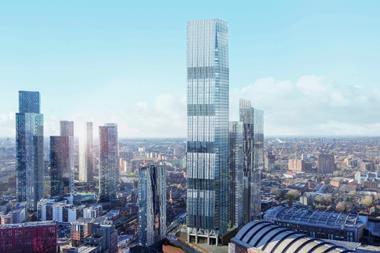
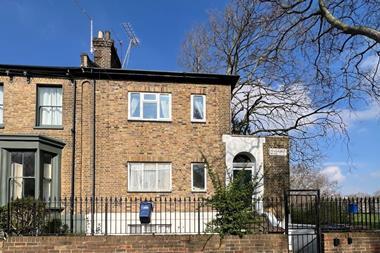

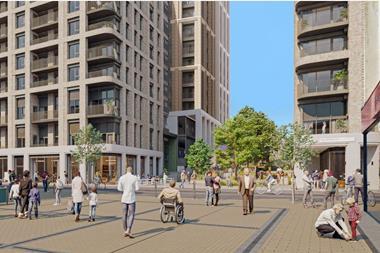
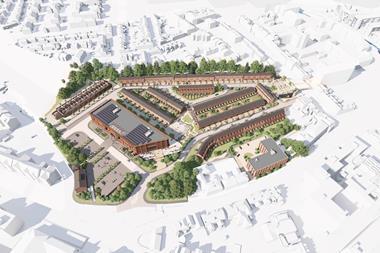
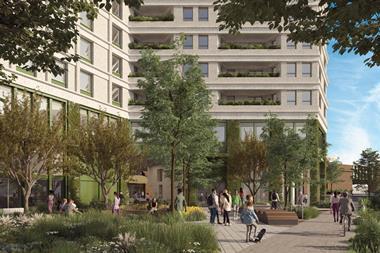
No comments yet